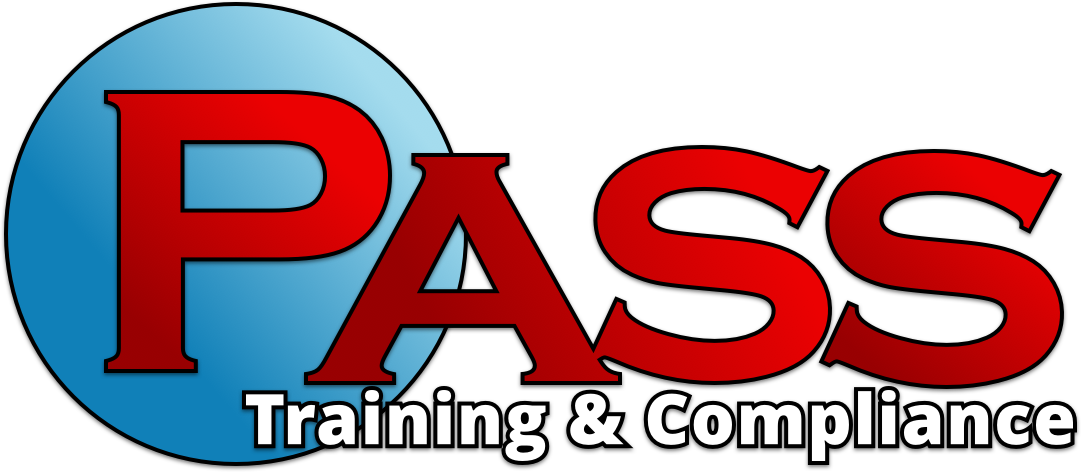Does Speeding Really Save Time and Money?
We've all heard Maverick and Goose’s “I feel the need, the need for speed," but with gas prices on the rise and environmental concerns at an all-time high, let's put the pedal to the metal on the myth of speeding and saving time and money. It turns out that taking your time can be the fastest and cheapest way to reach your destination.
While it may seem logical that driving faster will get you to your destination quicker, the reality is that the time saved by speeding is often minimal. Studies have shown that speeding 10 mph over the limit only saves an average of 4 to 8 minutes on a 60-mile trip. Additionally, speeding often leads to more frequent stops and starts, negating any time saved by exceeding the speed limit.
It is commonly believed that driving faster means better fuel efficiency, but this is not true. The faster you drive, the harder your car's engine works and the more fuel it consumes. In fact, driving at a speed of 75 mph can reduce fuel efficiency by 25% compared to driving at a speed of 55 mph. This means that not only do you spend more money on gas when driving faster, but you also contribute more to air pollution.
Besides the obvious danger of speeding, there are several hidden costs associated with it. Exceeding the speed limit while driving can significantly increase the chances of accidents, leading to property damage, injuries, and even fatalities, putting drivers at an increased risk of being charged higher insurance premiums by insurance companies. Additionally, those caught speeding are subject to traffic tickets and fines, which can be costly and add to their expenses.
As advocates of safety and the environment, we offer you some pointers to reach your destination safely and on time! You may consider planning your route ahead of time to get familiar with the route and traffic patterns; this will help you avoid unnecessary delays. Obey the speed limit and maintain a consistent speed to optimize fuel efficiency. Avoid aggressive driving habits such as sudden accelerations and harsh braking, as these actions can waste fuel and increase wear and tear on your car. Implement fuel-efficient techniques, such as turning off your engine when idling and maintaining proper tire pressure.
Adopting these smart driving habits can significantly improve fuel efficiency and save money for important things, like pizza.

